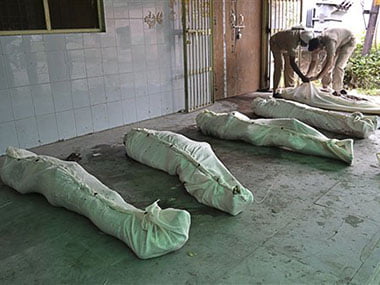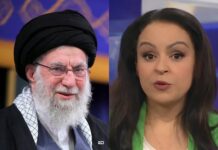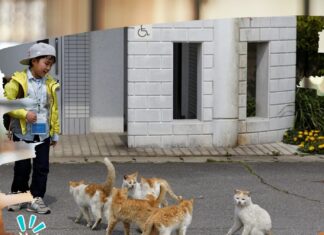
The pace at which the violence was spread in Muzaffarnagar City raises many questions. As we know as outsiders, there was a case of eve teasing which led the males of concerned parties to shoe the masculinity and power. Though all three men were killed by one another, what drove the whole village and the adjoining city to be a part of it. We know that Mahapanchayats (caste based) are not a part of legal institution. But it played the key role in infuriating the locals. Uttar Pradesh has been sensitive of caste related issues due to the presence of proportionate population of Muslims and politics of religion. Then, it is a complete breakdown of the system. The ‘othering’ of Muslims has created this conflict. Wikinson argues that if the government is based on minority votes (as SP in UP) the chances of riots are little. But this philosophy is completely washed here. The concern should be riots but focus has to be given to the historical pattern of unstable relationship. We declared ourselves as secular but public lives are still more Hindu. The role of local level leaders and some Hindu fundamentalists cannot be denied. Does the system want to bring national flash light on the violence? Yes, eve teasing is a structural problem which is being faced by all the females. If something like that happened , why not the Panchayat took over the matter. It was evident after the boy was stabbed that this would be the start of conflict and violence. Considering, the track of Ayodhya and demolition of Babri Masjid has not been completely rubbed off. Then the BJP’s parikrama around Ayodhya in the backdrop of election was enough to alert the government. The inactive role of the UP CM has to be considered. Seeing the sensitivity of the matter, the emergency meeting is called by his father who is officially not entitled to do this. Moreover the meeting gets over without chalking out the immediate action. There was the immediate need to control the violence and protecting people but the precious time was wasted on the transfer of bureaucrats.
The improvement in the relationship of Hindus and Muslims might take a very long time (optimism though the chances are rare). The mob is not considered as rational and infuriation leads to insecurity. Till then, the national stakeholders with the regional actors have to take care of the issue putting aside the mere electoral interest. I really don’t emphasise the ‘polluted’ mindset of the local people as they are more on the receiving side of violence. The perpetrators might not be from them as they might be hired to boost the problem. It is defaming the country’s picture on a global level. And Indian collectivism has taught us not to leave the sense of belongingness and the domestic issues should be solved within the system. After all its humans, neither Hindus- nor Muslims who constitute ‘WE’.




































